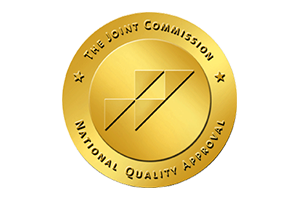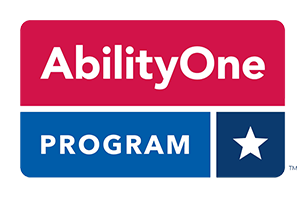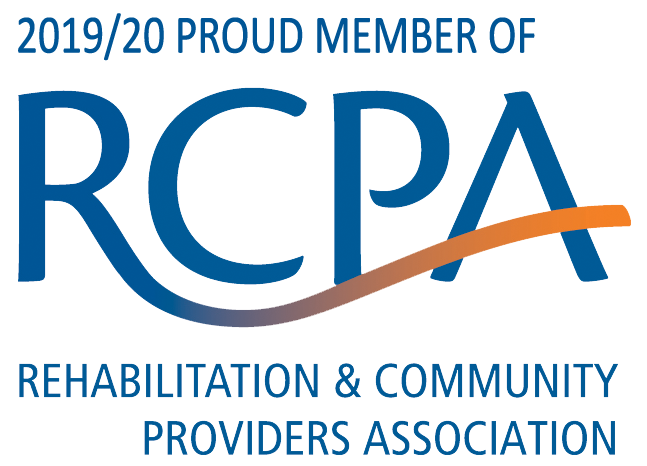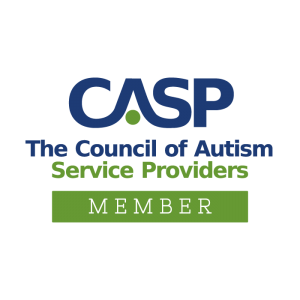Holcomb’s outpatient services include short-term and long-term treatments that vary with the diagnosis and severity of illness, as well as the coping skills and support systems available to the consumer.
Mental Health Outpatient Treatment
Outpatient treatments, which are offered to both children and adults, are guided by the use of recovery based approaches and evidence-based treatments. These approaches include the implementation of the most promising approaches for individuals who are diagnosed with a behavioral health illness. Intervention strategies attempt to alleviate the person’s symptoms and improve their overall quality of life. A person’s potential for growth and recovery is emphasized and the goals of the person drive the treatment plan.
Outpatient treatment includes a comprehensive assessment — either psychiatric evaluation, psychological evaluation or diagnostic evaluation, which is strength-based and recovery focused and is the basis for treatment objectives.
Ongoing psychotherapy is also offered and may include a combination of individual therapy, group therapy and family therapy, based on the person’s needs, clinical disorder and ability to respond to the particular interventions.
Psychopharmacology is a common adjunctive treatment to outpatient psychotherapy. Medication management services are available from both psychiatrists and nurse practitioners, who work collaboratively with each person and his/her therapist to develop an effective medication treatment regimen to assist the client with symptom management.
Substance Abuse Treatment
Treatment services for substance abuse or dependency disorders are offered to both children and adults and can be provided as traditional outpatient or intensive outpatient services. Traditional outpatient services involve a combination of group and individual therapy, typically held on a weekly basis. Intensive outpatient services exist for individuals with more extensive needs and interventions entail approximately nine hours of group and individual sessions a week, typically divided across three days. A co-occurring disorder (COD) group exists for individuals experiencing both substance issues and mental health disorders to more effectively meet their needs. At least one group is conducted in Spanish to address the needs of the Latino community.
Early Intervention (EI)
Holcomb provides early intervention services to children between the ages of 0 and 3 years when there are developmental delays or deficits impacting their functioning. Services can include physical therapy, occupational therapy, speech therapy, feeding interventions and special instruction. A comprehensive intervention plan is developed to address the multiple needs of the child and his/her family.
